Topical stamp collecting focuses on stamps featuring specific subjects or themes. Unlike traditional stamp collecting, which often emphasizes countries or historical periods, topical stamp collecting allows collectors to pursue personal interests. This approach can include themes such as animals, sports, famous personalities, or even specific events. The flexibility and personalization make topical stamp collecting appealing to a broad audience.
Historical Background & Evolution
Topical stamp collecting has a rich history that dates back to the early 20th century. Initially, collectors primarily focused on stamps from particular countries or time periods. However, as the hobby evolved, collectors began to appreciate the artistic and thematic elements of stamps. This shift led to the rise of topical stamp collecting. Thematic collections gained popularity, especially after World War II, when international travel and communication expanded. Collectors started to seek stamps that reflected their interests and hobbies, leading to a more diverse and inclusive collecting community.
Popularity & Growth In The Hobby Community
The popularity of topical stamp collecting has grown significantly over the years. This growth can be attributed to several factors, including the increased availability of stamps and the rise of online marketplaces. Collectors can now easily access stamps from around the world, broadening the scope of their collections. Additionally, the internet has facilitated the sharing of information and resources among collectors, fostering a sense of community. Stamp collecting clubs and societies have also played a crucial role in promoting topical stamp collecting. These organizations often host events, exhibitions, and workshops, providing collectors with opportunities to learn and connect with others who share their interests.
Topical stamp collecting offers a unique way to explore various subjects through philately. The thematic approach allows collectors to delve into specific areas of interest, making the hobby more engaging and personalized. Whether one is interested in wildlife, space exploration, or historical figures, topical stamp collecting provides a platform to curate a collection that reflects individual passions. The historical evolution and growing popularity of this hobby underscore its enduring appeal and potential for continued growth.
Choosing A Theme For Your Collection
Selecting a theme is a crucial step in building a stamp collection. Common themes include animals, plants, sports, and historical events. Many collectors are drawn to stamps featuring famous personalities, such as artists, scientists, and political leaders. Other popular categories include transportation, architecture, and cultural festivals. These themes offer a wide range of stamps from various countries and periods, making the collection diverse and interesting.

Personal Interests & Unique Themes
Personal interests often guide the choice of theme for a collection. A collector passionate about wildlife might focus on stamps depicting endangered species. Someone interested in space exploration could collect stamps featuring astronauts, spacecraft, and celestial events. Unique themes can also be based on hobbies, such as music, literature, or cinema. These personalized collections reflect the collector’s individual tastes and preferences, adding a personal touch to the hobby.
Researching & Narrowing Down Your Focus
Thorough research is essential when choosing a theme. Collectors should start by exploring available stamps related to their interests. Philatelic catalogs, online databases, and stamp dealer websites are valuable resources for this purpose. Once a broad theme is identified, narrowing down the focus can make the collection more manageable. For example, a collector interested in birds might decide to focus on stamps featuring birds of prey or tropical birds. This targeted approach helps in building a cohesive and well-organized collection.
Finding Inspiration From Existing Collections
Existing collections can provide inspiration and guidance for new collectors. Visiting stamp exhibitions and browsing philatelic literature can offer insights into different themes and how they are curated. Many collectors share their collections online, showcasing various themes and organizational methods. These examples can help new collectors understand the possibilities and challenges associated with different themes. Learning from experienced collectors can also provide practical tips for acquiring and managing stamps.
Balancing Breadth & Depth In Your Collection
A well-balanced collection should have both breadth and depth. Breadth refers to the variety of stamps within the chosen theme, while depth involves detailed representation of specific aspects. For instance, a collection on transportation could include stamps of various vehicles, from bicycles to airplanes. Depth could be achieved by focusing on the evolution of a particular type of vehicle, such as steam locomotives. Balancing these elements ensures a comprehensive and engaging collection.
Choosing a theme is a foundational step in building a meaningful stamp collection. By considering common themes, personal interests, and conducting thorough research, collectors can create a focused and engaging collection. Drawing inspiration from existing collections and balancing breadth and depth further enhances the quality and appeal of the collection. This thoughtful approach ensures that the collection remains interesting and reflective of the collector’s passions.
Building & Organizing Your Collection

In topical stamp collecting, acquiring stamps is a continuous process. Collectors can find stamps through various sources, including stamp dealers, online marketplaces, and auctions. Local stamp shops and philatelic exhibitions also offer opportunities to purchase unique stamps. Networking with other collectors can lead to exchanges and trades, enhancing the collection. Subscribing to philatelic publications and newsletters can provide information on new releases and special issues.
Cataloging & Storing Techniques
Proper cataloging is essential for maintaining an organized collection. Many collectors use specialized software or databases to record details about each stamp, such as issue date, country, and theme. Physical catalogs and notebooks can also be used for this purpose. Storing stamps correctly is crucial to preserving their condition. Acid-free albums and stock books are recommended for long-term storage. Stamps should be kept in a cool, dry environment to prevent damage from humidity and temperature fluctuations.
Tools & Resources For Collectors
Several tools and resources are available to assist collectors in topical stamp collecting. Magnifying glasses and tweezers are essential for handling and examining stamps without causing damage. Perforation gauges and watermark detectors help in identifying and authenticating stamps. Online databases and philatelic libraries offer extensive information on various themes and issues. Joining philatelic societies provides access to exclusive resources, including expert advice and specialized catalogs.
Organizing By Theme & Sub-theme
Organizing a collection by theme and sub-theme enhances its coherence and visual appeal. For instance, a collection focused on marine life could be divided into sub-themes such as fish, mammals, and coral reefs. This method allows for a more detailed and structured presentation. Each sub-theme can be further organized by country or issue date, depending on the collector’s preference. Clear labeling and consistent organization make it easier to manage and expand the collection.
Maintaining & Updating Your Collection
Regular maintenance is necessary to keep a collection in optimal condition. Periodic checks should be conducted to ensure that stamps are free from damage and deterioration. Updating the catalog with new acquisitions and removing duplicates helps in maintaining an accurate record. Engaging with the philatelic community and staying informed about new releases and trends can provide opportunities for expanding the collection. Participating in stamp shows and exhibitions can also offer insights and inspiration for enhancing the collection.
Topical stamp collecting requires a systematic approach to building and organizing a collection. By finding and acquiring stamps from various sources, collectors can continuously expand their collections. Proper cataloging and storage techniques ensure the preservation and organization of stamps. Utilizing tools and resources, and organizing by theme and sub-theme, enhances the coherence and appeal of the collection. Regular maintenance and updates keep the collection in optimal condition, reflecting the collector’s dedication and passion.
Connecting With The Community
Joining stamp collecting clubs and societies offers numerous benefits. These organizations provide a platform for collectors to share their knowledge and experiences. Many clubs host regular meetings, where members can discuss their collections and exchange stamps. Societies often organize events such as exhibitions, workshops, and lectures, which can enhance a collector’s understanding of philately. Membership in these organizations also provides access to exclusive resources, including specialized catalogs and expert advice.

Online Forums & Social Media Groups
The internet has revolutionized the way collectors connect and share information. Online forums and social media groups dedicated to stamp collecting are valuable resources for both novice and experienced collectors. These platforms allow members to ask questions, share images of their collections, and seek advice from more experienced collectors. Many forums have sections dedicated to specific themes, making it easier to find relevant information. Social media groups often host virtual events and challenges, fostering a sense of community and engagement.
Attending Stamp Shows & Exhibitions
Stamp shows and exhibitions are excellent opportunities for collectors to expand their knowledge and network with others. These events often feature dealers, exhibitors, and experts from around the world. Attendees can view rare and unique stamps, participate in auctions, and attend educational seminars. Exhibitions provide a platform for collectors to showcase their collections and receive feedback from peers and judges. Networking at these events can lead to valuable connections and opportunities for acquiring new stamps.
Participating In Philatelic Auctions
Philatelic auctions are a popular method for acquiring rare and valuable stamps. Many auctions are conducted online, making it convenient for collectors to participate from anywhere in the world. Auctions provide access to a wide range of stamps, often including items that are difficult to find through other sources. Participating in auctions requires careful research and preparation to ensure informed bidding. Winning bids can significantly enhance a collection, adding unique and valuable pieces.
Engaging With Philatelic Literature
Philatelic literature is an essential resource for collectors seeking to deepen their knowledge. Books, journals, and magazines dedicated to stamp collecting cover a wide range of topics, from thematic collections to historical studies. Many publications feature articles written by experts, providing insights and tips for collectors. Subscribing to philatelic magazines and newsletters keeps collectors informed about new releases, trends, and upcoming events. Engaging with this literature enhances a collector’s understanding and appreciation of the hobby.
Connecting with the community is a vital aspect of stamp collecting. Joining clubs and societies, participating in online forums, and attending shows and exhibitions provide opportunities for learning and networking. Engaging with philatelic literature and participating in auctions further enriches the collecting experience. These activities foster a sense of community and support, enhancing the enjoyment and fulfillment of the hobby.
Preserving & Showcasing Your Collection
Proper handling is crucial in topical stamp collecting to preserve the condition of stamps. Always use tweezers to handle stamps, avoiding direct contact with fingers. Oils and dirt from hands can cause damage over time. Ensure that the workspace is clean and free from food and drinks to prevent accidental spills. Regularly inspect stamps for signs of damage, such as discoloration or mold, and take immediate action to address any issues. Using archival-quality materials for storage helps in maintaining the longevity of the stamps.
Display Options & Presentation Ideas
Displaying a collection can enhance its visual appeal and provide a sense of accomplishment. Many collectors use albums with clear, acid-free pages to showcase their stamps. These albums protect the stamps while allowing for easy viewing. Framing stamps is another popular option, especially for thematic collections. Custom frames with UV-protective glass can prevent fading and damage from light exposure. Displaying stamps in thematic groups or chronological order can create a cohesive and engaging presentation. Digital displays, such as online galleries, offer a modern way to share collections with a broader audience.
Sharing Your Collection With Others
Sharing a collection with others can be a rewarding aspect of topical stamp collecting. Many collectors participate in exhibitions and competitions to showcase their collections. These events provide an opportunity to receive feedback and recognition from peers and experts. Creating a blog or website dedicated to the collection allows for sharing with a global audience. Social media platforms also offer a space to connect with other collectors and share updates on the collection. Engaging with the community through these channels can lead to valuable connections and insights.
Educational Outreach & Philatelic Promotion
Educational outreach is an important aspect of promoting philately and inspiring future collectors. Many collectors volunteer to give presentations at schools, libraries, and community centers. These presentations can introduce new audiences to the hobby and highlight the educational value of stamp collecting. Collaborating with local museums and cultural institutions can also provide opportunities for public displays and educational programs. By promoting the hobby through outreach, collectors can contribute to the growth and sustainability of the philatelic community.
Documenting & Archiving Your Collection
Documenting a collection is essential for maintaining an accurate record and ensuring its preservation. Detailed records should include information such as issue date, country, theme, and condition of each stamp. Digital databases and cataloging software can streamline this process and provide easy access to information. High-quality scans or photographs of stamps can serve as a visual archive, protecting against potential loss or damage. Proper documentation also facilitates insurance and valuation processes, providing peace of mind for collectors.
Topical stamp collecting involves not only acquiring and organizing stamps but also preserving and showcasing them. Proper handling and maintenance ensure the longevity of the collection. Display options and presentation ideas enhance its visual appeal. Sharing the collection with others and engaging in educational outreach promote the hobby and inspire future collectors. Documenting and archiving the collection provide a comprehensive record and safeguard against potential risks. These practices contribute to a fulfilling and sustainable collecting experience.
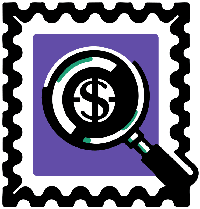
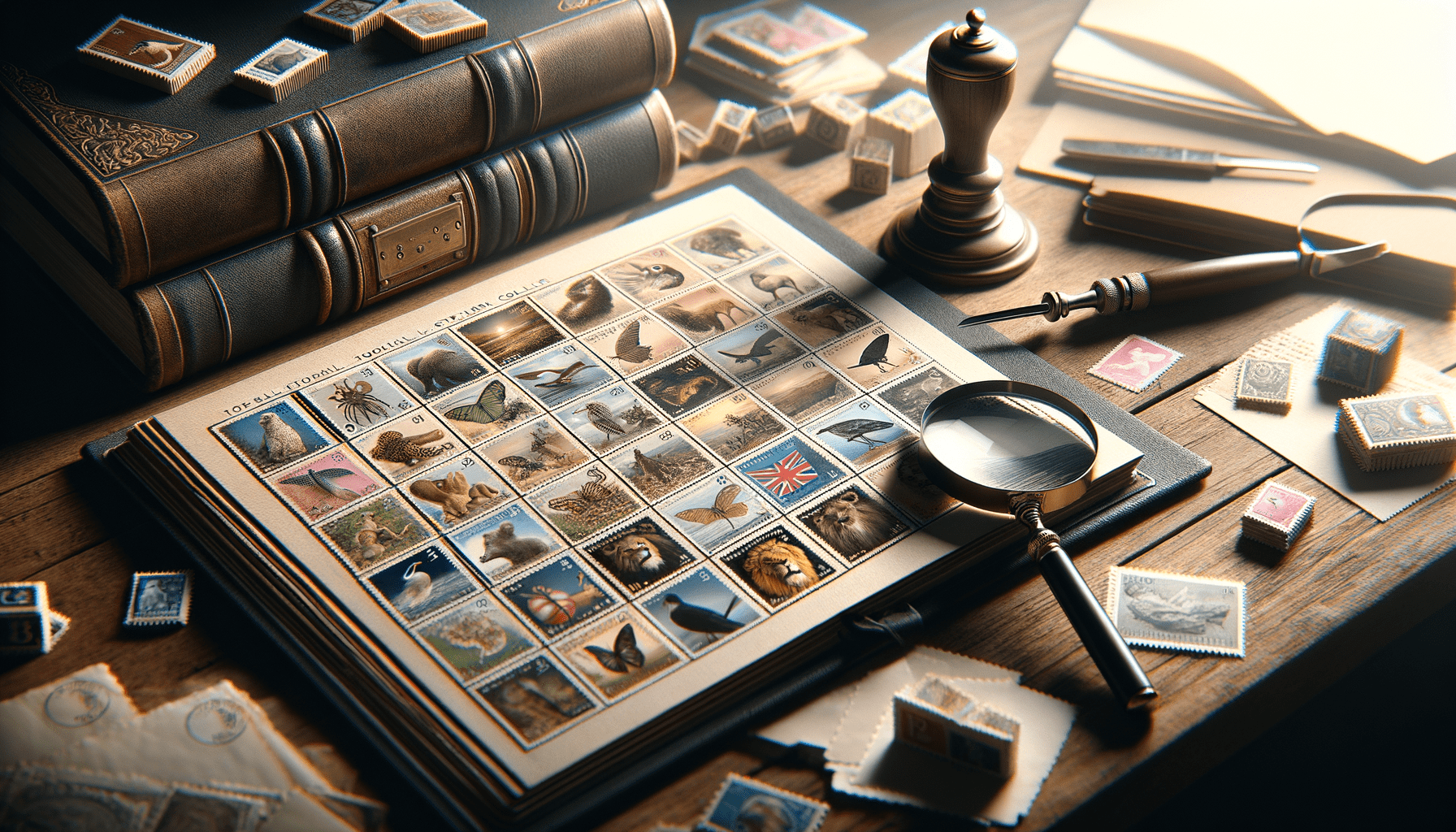


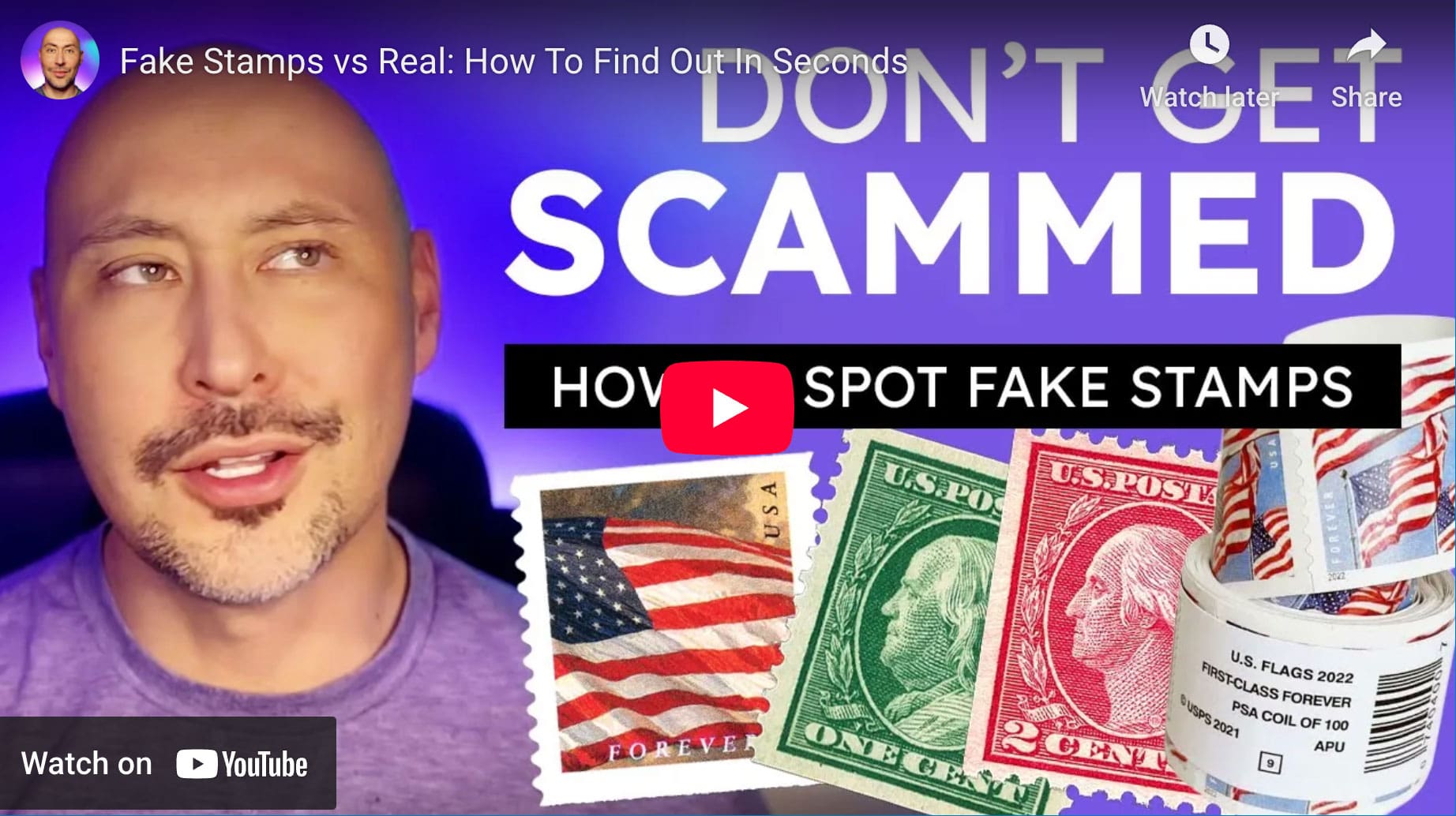
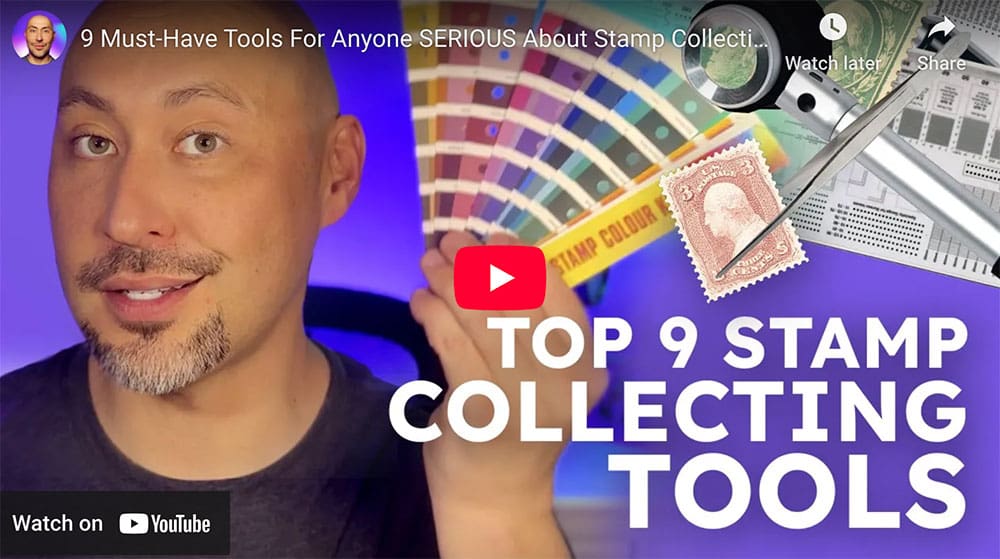

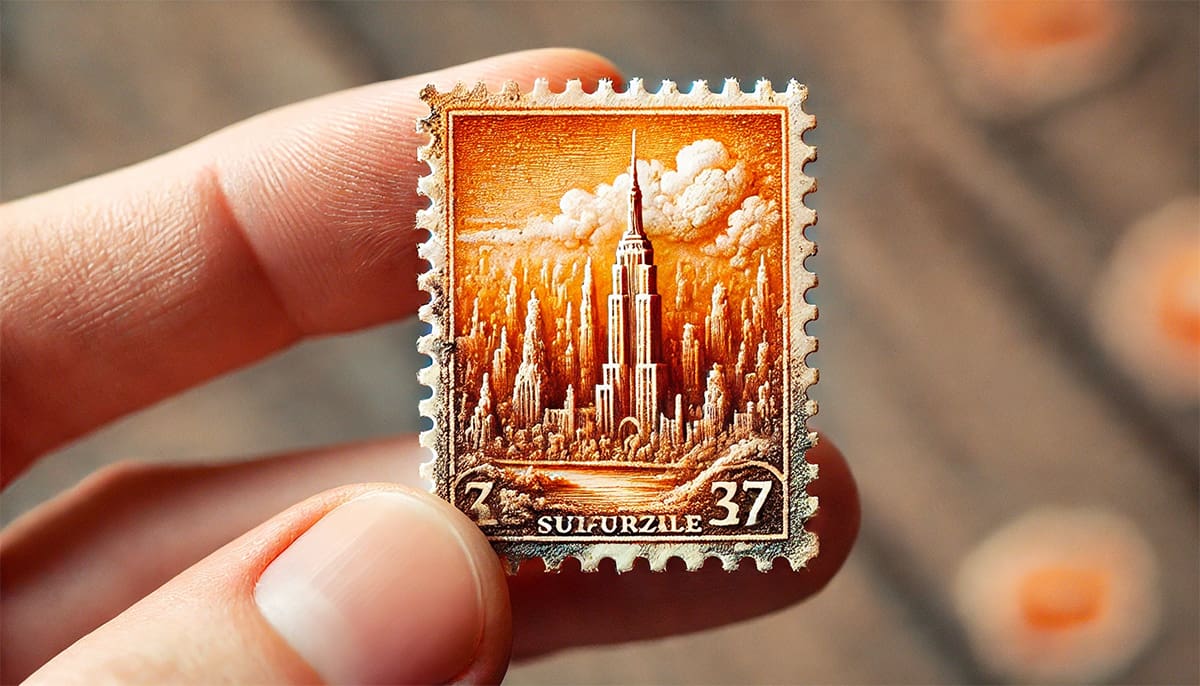
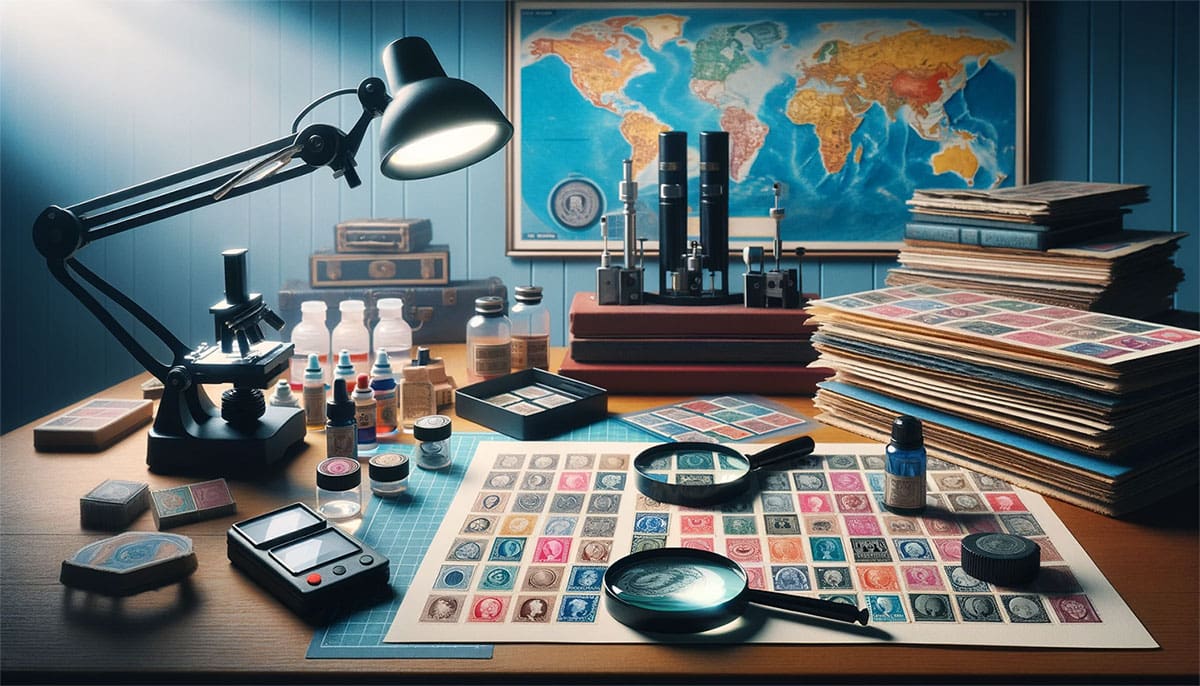
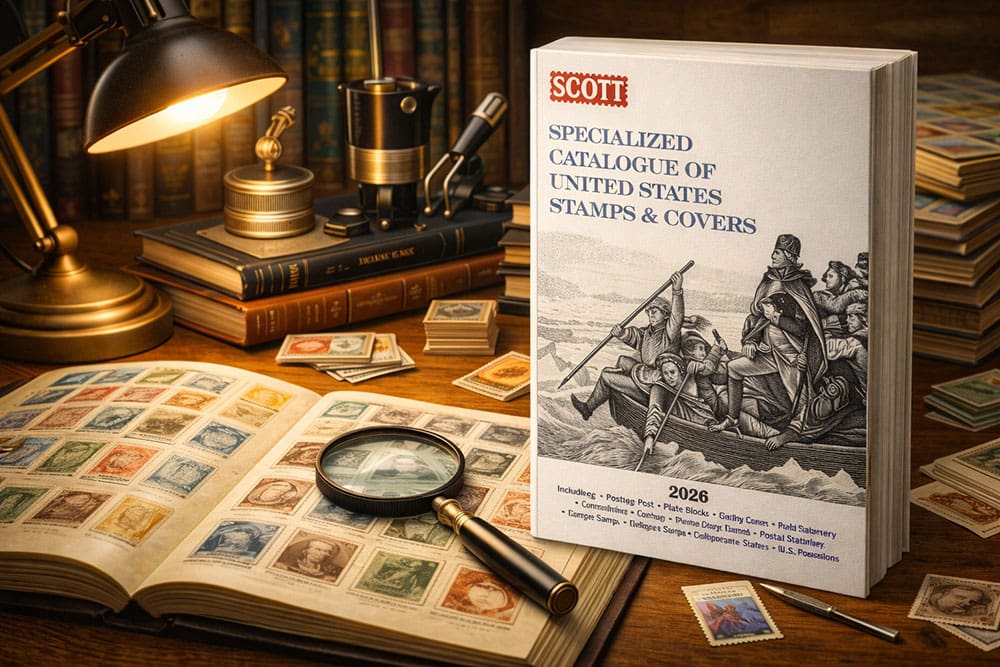
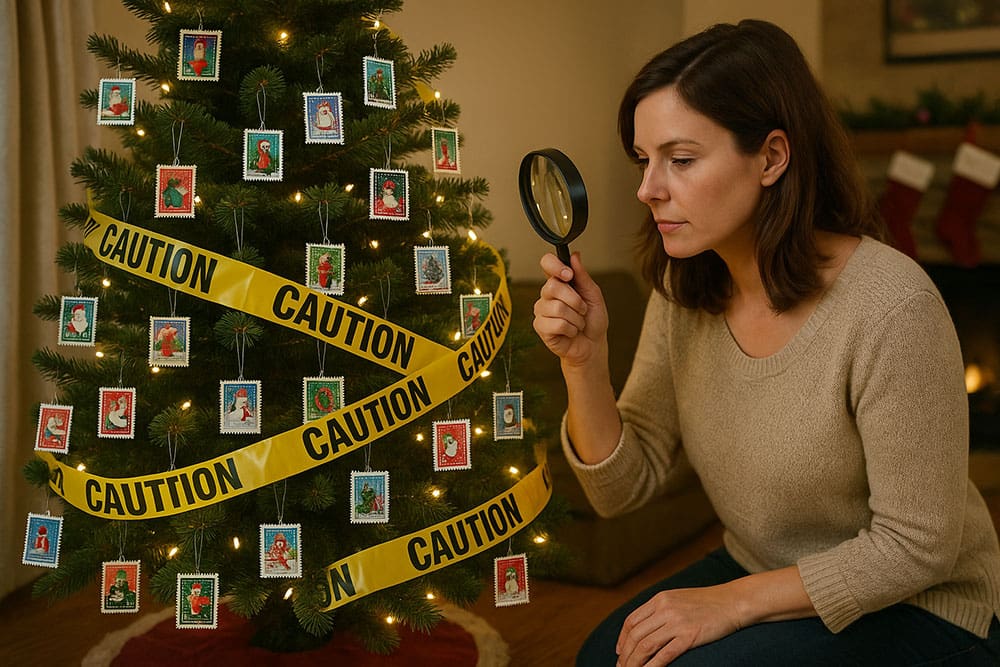
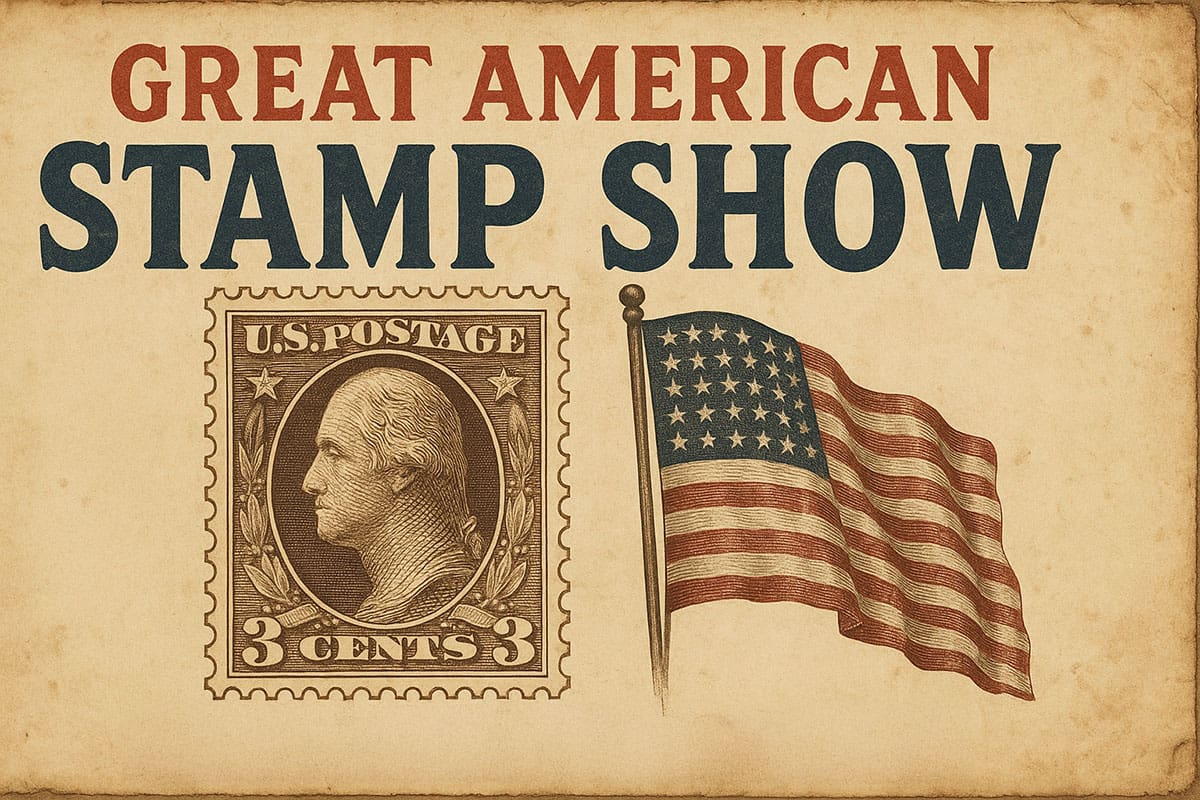
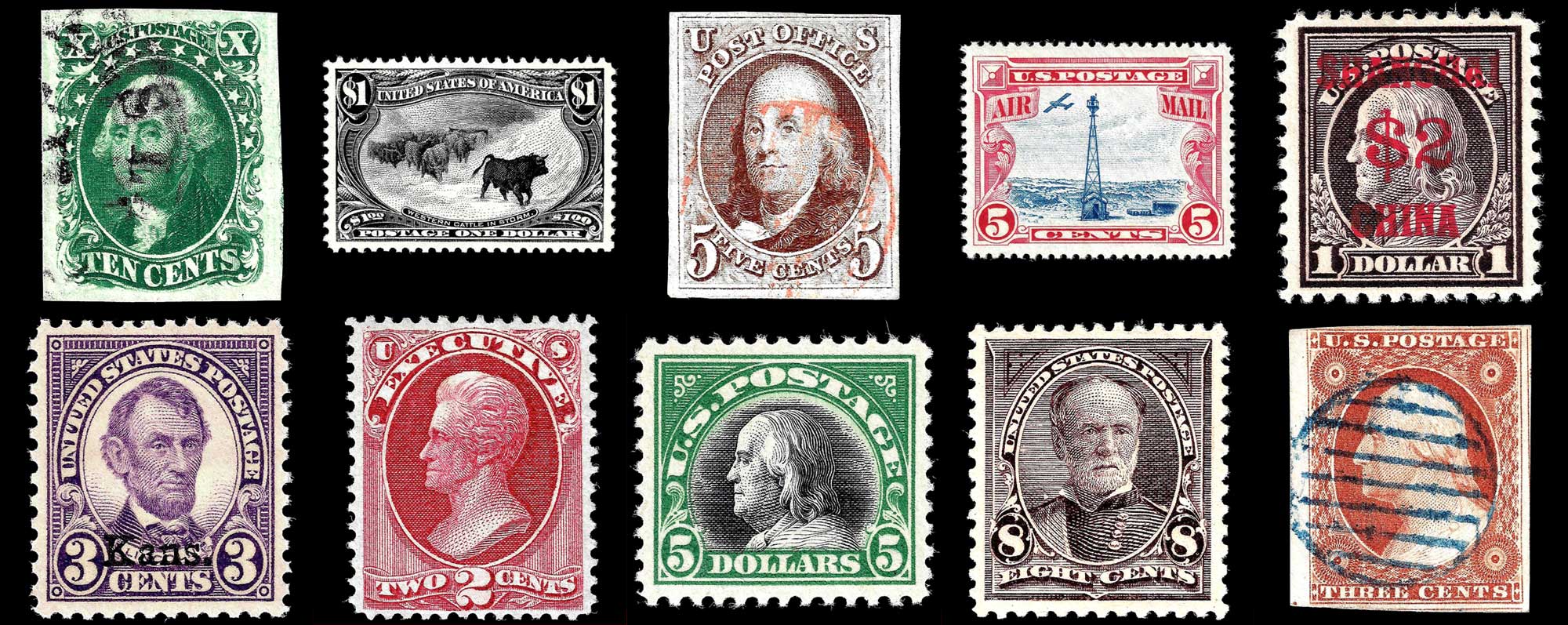
Ask A Question Or Leave A Comment